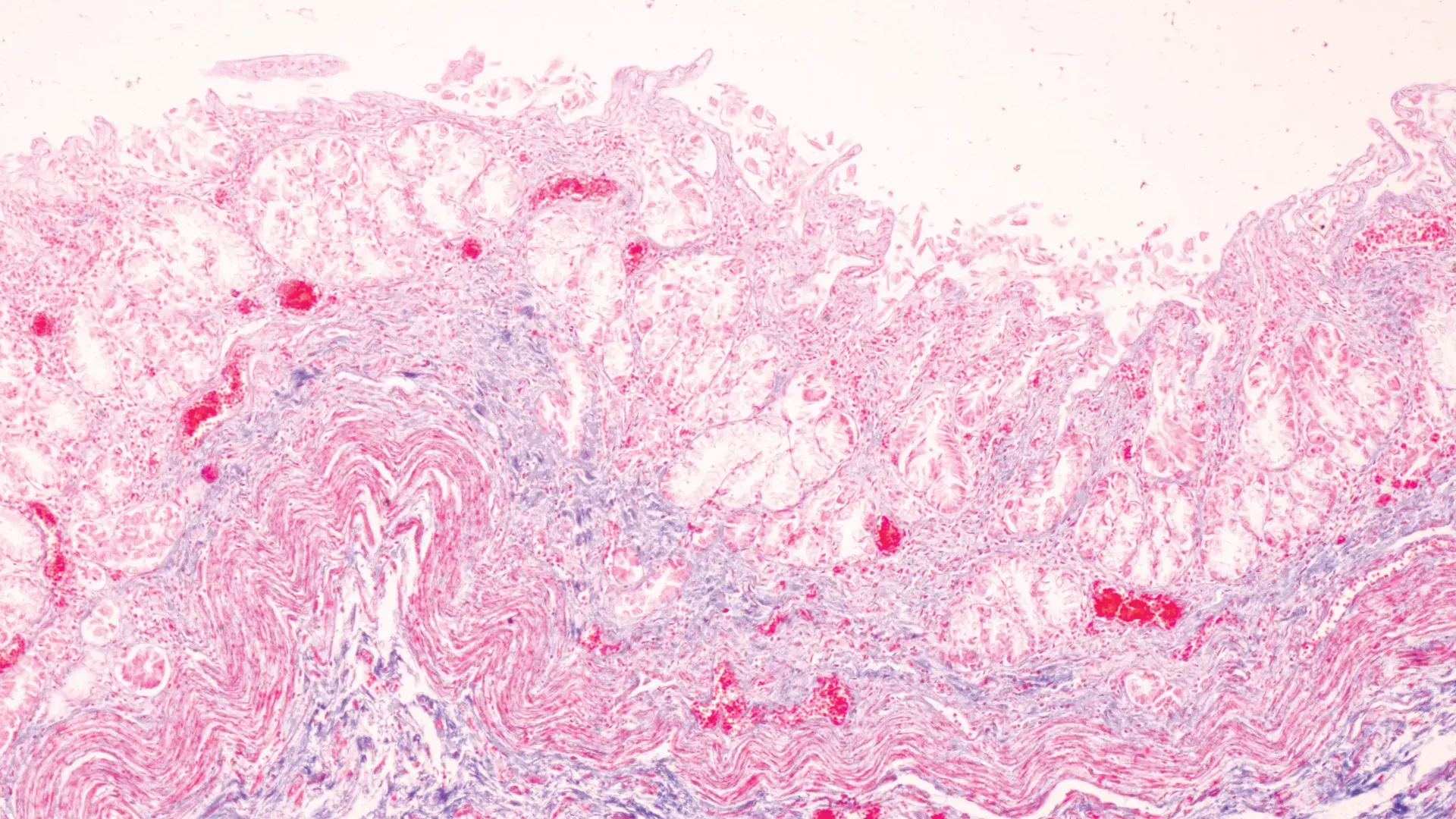4 Questions On NAD/NADH Testing Answered
Unlocking the Secrets of Cellular Energy
3 min read
US BioTek Marketing Department
:
July 24, 2024 at 8:30 AM

Molds, although present in our everyday life, can have serious impacts on our health. When testing to identify if molds are negatively impacting a patient's health there are two main mold tests to perform: a Mold IgE Test and a Mycotoxin Test.
Both tests provide a wealth of information as to how molds may be impacting your patient's wellbeing but what information they provide is quite different. One test provides insights into a specific patient’s immune responses and the other into the potential toxicity of molds present in the patient’s environment.
Mold IgE Testing is a way to assess whether a patient has a Mold Allergy by testing for the patient's immune antibody response to specific mold species. Reactivity on these tests indicates a patient may have an allergy to the reactive mold markers. This test is perfect for someone who has symptoms of immediate allergic exposure, which can include:
Mold IgE antibodies are tested by measuring the antibody response to mold antigen exposure. At US BioTek, we run our Mold IgE Panel using blood serum samples with an FDA-approved immunoassay analyzer that utilizes enzyme-amplified chemiluminescence technology.
Mold IgE testing can provide insights into the different types of foods and medicines that are safe for an individual to consume. For instance, we had a patient who took a standard food allergy test, the results showed they did not have an allergy to nuts. Shortly afterwards, the patient ate a handful of cashews and went into anaphylaxis. Their practitioner then ran a mold IgE panel and found their patient was allergic to Rhizopus nigricans, a type of mold which is commonly found on cashew nuts.
Knowing allergies to mold can help patients avoid potentially hazardous foods or make sourcing decisions to limit their potential exposures to mold through food.
One of the major limitations of Mold IgE testing is that it does not detect non-allergic immune reactions or mold toxicity levels due to recent or chronic toxic exposures. It will only provide information on specific IgE mediated immune reactions to acute mold exposures.

Mycotoxins are toxins produced by molds that can be absorbed by humans through ingestion, inhalation, or skin contact. Once absorbed into the body, they can cause a range of health problems, including neurological issues, respiratory problems, and digestive disturbances. These can include:

Mycotoxin testing involves checking for the presence of these toxic compounds in tissue, or most commonly urine. Mycotoxins are most commonly tested using urine samples and can be performed using two different types of technologies. One is mass spectrometry, which will identify the specific mycotoxin. The other method (preferred by US BioTek) is the ELISA (enzyme-linked immunosorbent assay), which not only picks up on the specific mycotoxin but also those mycotoxins that have been modified within the body as well.
Mycotoxins can also be tested for in the environment with tests like the Mold & Mycotoxin Building Profile. This test is recommended after a positive mycotoxin test to ensure that efforts to detoxify and improve the patient’s symptoms are not nullified by sending them into a contaminated living environment to be re-exposed.
Unlike IgE testing, mycotoxin testing provides an accurate and detailed assessment of mold exposure and potential health risks. Mycotoxins are usually an indicator of active mold growth, and their presence can indicate that the individual is currently being exposed to mold.
Mycotoxin toxicity has a broad range of symptoms and can impact each person suffering from mold toxicity differently. It can be helpful to run a mycotoxin test in tandem with an organic acids profile. This not only helps in understanding mycotoxin toxicity but also how the toxic exposure is impacting the person on a mitochondrial level along with their ability and needed supports for proper detoxification.
One tricky issue with mycotoxin testing is knowing when it should be used on a patient. Often times, testing for mold toxicity happens after previous more commonly practiced tests are performed and do not produce results that explain the patient’s symptoms.
Understanding the onset of the patient’s symptoms and asking questions around their living environment (age of their home, recent water leak issues, use of humidifiers or air conditioning units) can help the practitioner better understand the patient’s potential mold toxicity.
To learn more about the basics of mycotoxin testing, you can download the eBook “Mycotoxins 101: An Introduction Into The Must Know Mycotoxin Facts”.

Unlocking the Secrets of Cellular Energy

Short chain fatty acids (SCFAs) are organic acids produced by bacterial fermentation of dietary fibre and resistant starch. Enterocytes and...

Zonulin has emerged as a popular marker to assess the integrity of the intestinal mucosal barrier. Discovered by Dr Alessio Fasano, Zonulin...